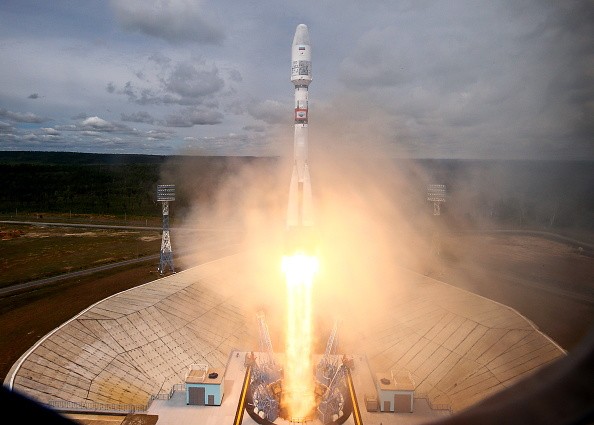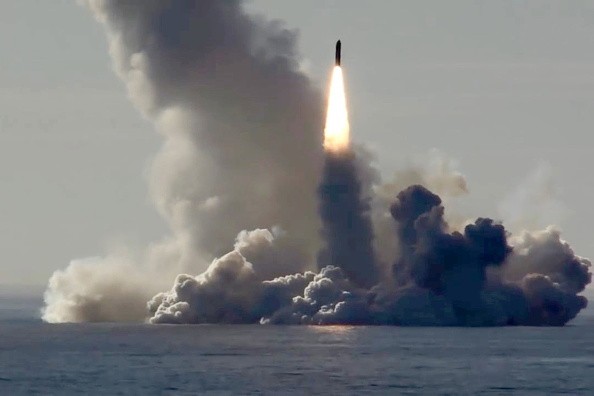Russia's Soyuz rocket finally launched the country's crucial cargo to the International Space Station (ISS). The Soyuz 2.1a rocket sent the Progress MS-17 capsule, which contains the essential supplies, to space at around 7:00 p.m. EDT this Tuesday, June 29.

Russia's rocket took off from the Baikonur cosmodrome in Kazakhstan. Roscosmos State Corporation for Space Activities (Roscosmos) announced that since the latest space activity was successful, Russia's spacecraft could place the capsule into orbit around nine minutes after launch.
On the other hand, Russia stated that its rocket capsule contains 40 kg of air and oxygen, 470 kg of fuel, as well as 1,500 kg of essential tools, such as clothes and food. Aside from this, Russia's Progress MS-17 capsule also brings 420 liters of drinking water for astronauts, who are currently stationed in the ISS.
Russia Soyuz Rocket's Launch Footage
According to News Week's latest report, NASA (National Aeronautics and Space Administration) posted a video of the Russian Soyuz spacecraft's launch.

"The @Roscosmos Progress cargo spacecraft launched at 7:27 pm ET (23:27 UT), beginning its two-day journey to the @Space_Station," said the international space agency via its official Twitter account.
Russia's Progress MS-17 capsule is expected to connect with ISS this coming Thursday night, July 1. On the other hand, the latest launch of the Soyuz rocket marked the country's second crucial launch this 2021.
Aside from this, it also serves as the fourth uncrewed mission overall to the International Space Station, the 60th orbital launch attempt, as well as the 54th launch of a Soyuz 2.1a spacecraft.
👏👏 We have liftoff!
— NASA (@NASA) June 29, 2021
The @Roscosmos Progress cargo spacecraft launched at 7:27pm ET (23:27 UT), beginning its two-day journey to the @Space_Station. pic.twitter.com/vXzW8oi2xt
As of the moment, ISS represents around 20 years of international cooperation in space between different countries. These include Russia, the United States, and other nations.
Other Launches Of Russia's Soyuz Rocket
Aside from launching the latest Progress MS-17 capsule, Russia's spacecraft also sent the Pion-NKS intelligence satellite into space. NASA Space Flight reported that Pion-NKS is part of the wider Liana program.
This project aims to replace the Soviet-era signals intelligence satellites. Russia also used these tools to collect and monitor radio signals from low Earth orbit.
For more news updates about Russia's Soyuz rocket and other space activities, always keep your tabs open here at TechTimes.
Related Article : NASA to Launch Latest Solar Sail Technologies by Mid-2022
This article is owned by TechTimes
Written by: Griffin Davis




